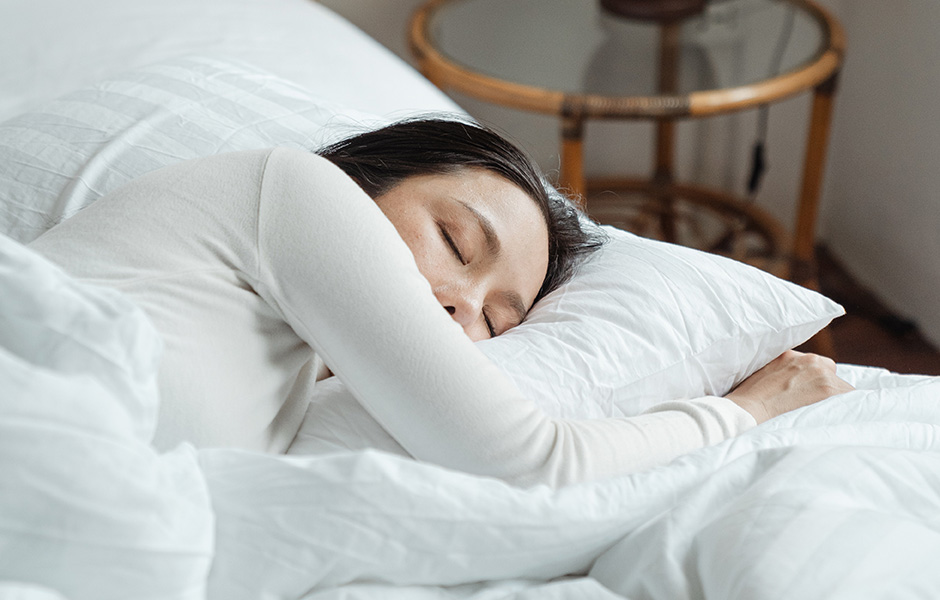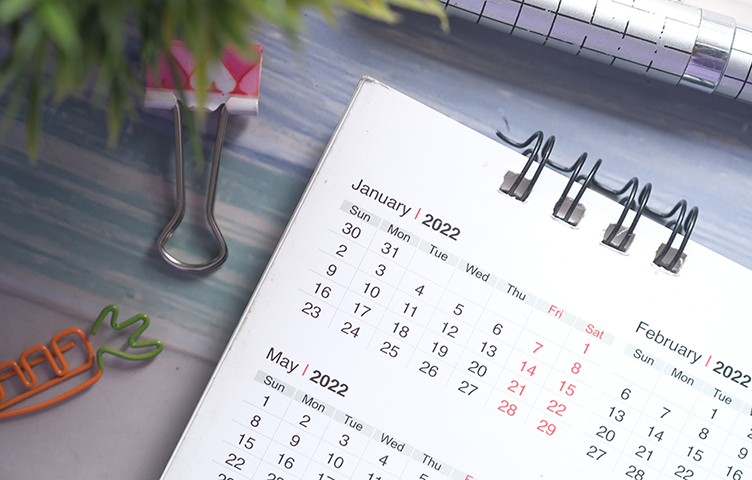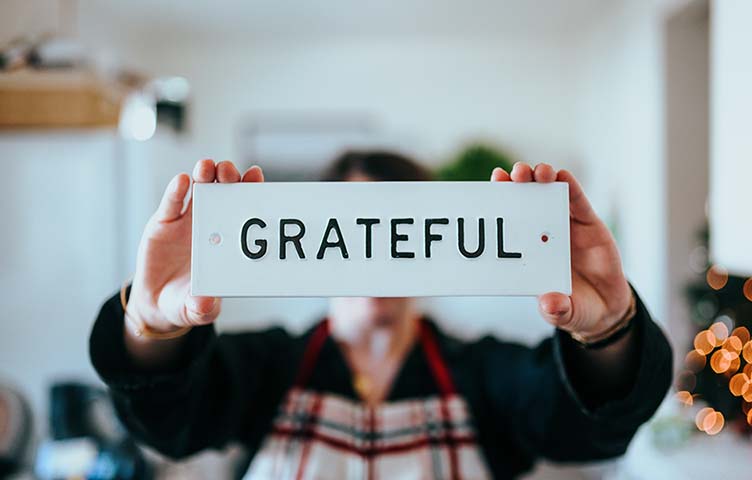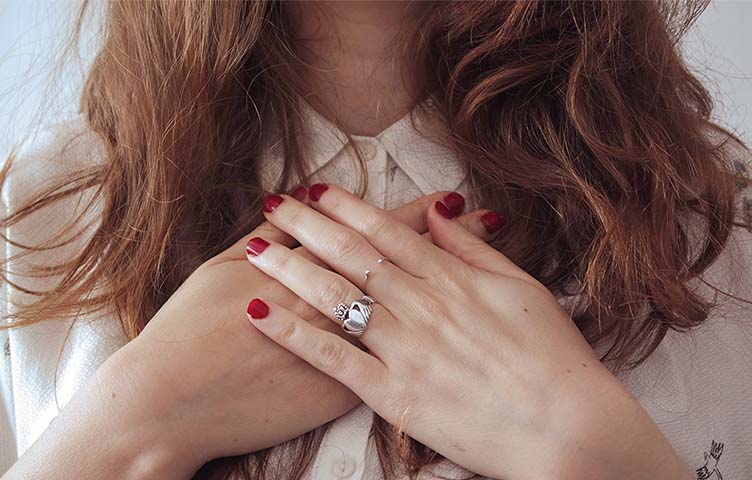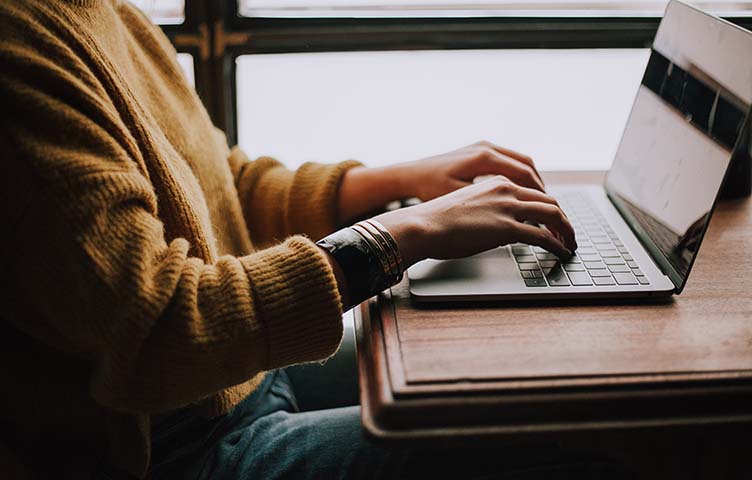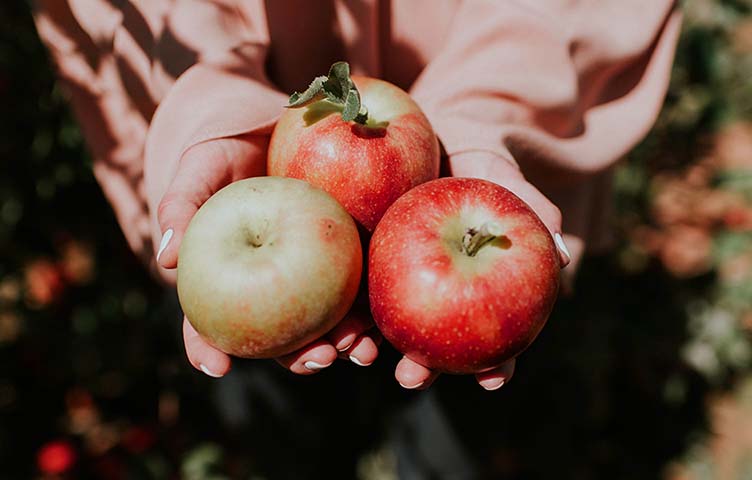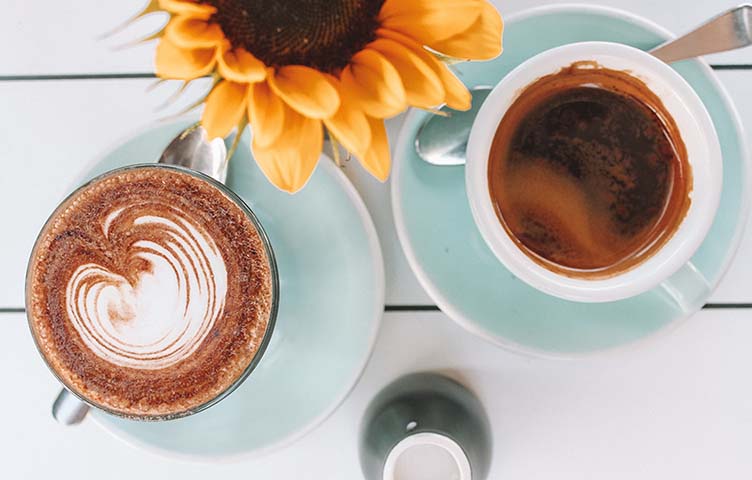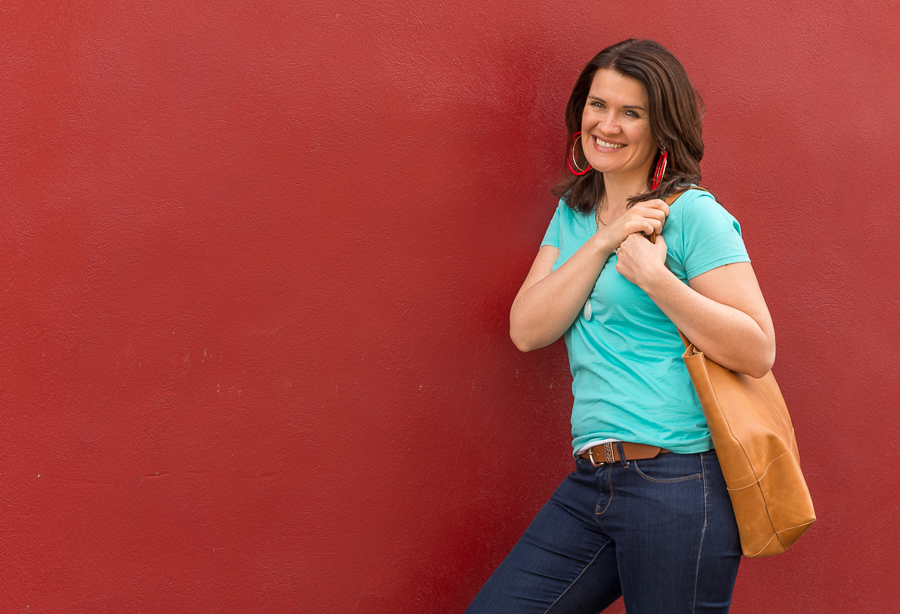A few years ago, I was listening to photographer, Chase Jarvis, interview Ariana Huffington about her book, The Sleep Revolution. She began by detailing why sleep became such an important and personal crusade for her. She said it all started when she, herself, had a physical and emotional breakdown after consistently not getting enough sleep. And she spoke these words, that I haven’t been able to get out of my head:
“Right now, we take better care of our smart phones than we do of ourselves. Like I bet everyone…right now knows how much battery remains on their smart phones—if it gets below thirteen percent we get anxious…’what would happen if it died?’”
Then she said, “…Until I collapsed, I was unaware I was at zero percent.”
Many of us pay more attention not only to the battery power of our phones, but also to the health of others, than we do to our own need for rest and rejuvenation. Though the pandemic has forced us to spend more time at home over the past few months, a lot of us are still struggling to get enough sleep. Not only that, but the mental exhaustion of everything that is going on in our world right now, is also making us physically tired.
All this to say,
It wouldn’t hurt for us to take a look at our current sleeping habits.
Like it was for Ariana Huffington, for some of us, it could be a very big deal. Prolonged sleep deficiency, according to Huffington’s book, can cause anxiety and depression. Something many of us are already battling. A lack of sleep can also hurt our productivity, and effect our ability to problem solve and make important decisions about our lives. In other words, the last thing any of us needs right now is low personal battery power.
Prolonged sleep deficiency… can cause anxiety and depression. A lack of sleep can also hurt our productivity, and effect our ability to problem solve and make important decisions about our lives.
In Huffington’s book, she gives us numerous ways to get not only more sleep, but better sleep. It is a good and practical read that I recommend. But for today, I want to share with you a few practices that have helped me get a good night’s sleep:
Set a bed time.
Never would I have imagined that as an adult, I would set a bed time for myself. But when I didn’t, it was easy for the time to slip by. Setting a specific time has helped me plan my nights, so I can be disciplined about getting enough sleep. Since we’ve moved, it’s honestly been hard to follow each night. But because it’s been a routine of ours for years now, it’s an easier one to fall back into. At least on the nights we aren’t painting a wall or out getting things for our house.
Set your bed time earlier.
I don’t know about you, but “bed time” looks like washing my face, brushing my teeth, talking to Tony, and reading a few pages in the book I’m reading. In other words, when my bed time rolls around, I am not in bed with the lights out for at least twenty minutes. As Tony and I like to go to bed at the same time, we intentionally set our “bed time” thirty minutes before the time we actually should be asleep. It gives us time to wind down, which makes going to sleep easier.
Don’t work or scroll technology right up until you turn the lights off.
This one has also been harder for me since we moved. But I’ve found when I not only go to bed earlier—but also give myself some down time before my bed time—I sleep better. I also feel like I have more energy the next day. I know a lot of us have so much on our mind and plate right now. Only giving ourselves even an hour before bed to wind down (watch one show, read a book, talk to a loved one, etc.), will help us be more productive in the long run.
How has the pandemic effected your sleep schedule?
What change do you need to make, to get a better night’s sleep (a set bed time, more exercise, less screen time, etc.)?
Feeling a little adrift in this strange, new normal of being at home? Sign up for my email list and get your free copy of my Social Distancing Survival Guide: Everyday Routines. Sign up here.
Photo by Ketut Subiyanto from Pexels

